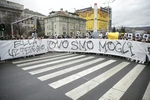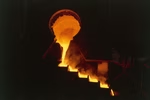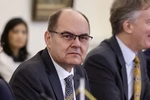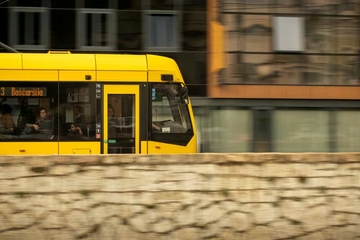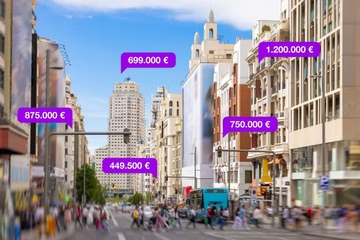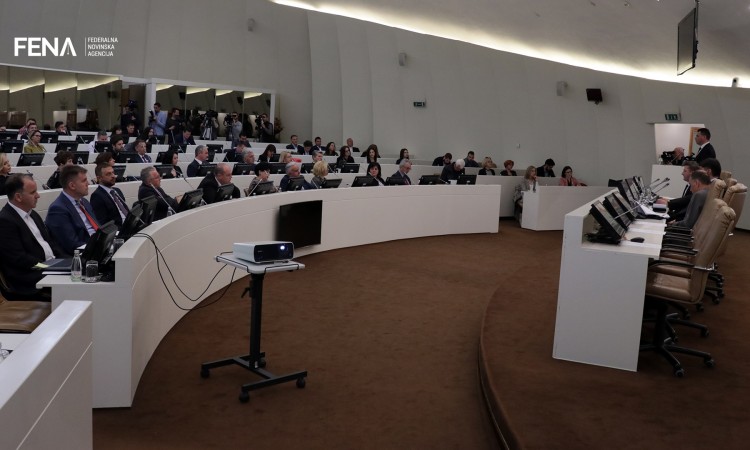
Speaking with one voice, all levels of government in Bosnia expressed concern over Croatia's intention to build a nuclear waste landfill at Trgovska Gora, a site located at the border between the two countries.
A conference discussing the issue that triggered strong reactions in Bosnia was organised on Monday by Bosnia Parliament's Green Caucus, which gathers parliamentary parties from all levels of authorities.
One of the organisers, MP Sasa Magazinovic said this was not a campaign against neighbouring Croatia and no one should take it that way.
“Croatia is our neighbouring country, it will be our neighbour tomorrow and the day after tomorrow, in ten, one hundred years, forever. We would like to start a dialogue and to solve this problem in the spirit of good neighbourly relations,” said Magazinovic, the Green Caucus Chairman, pointing out that this conference was a call for talks.
According to the Croatian Government's recently adopted plan, the waste from nuclear power plant Krsko would be stored in the area of Trgovska Gora, despite the protests and petitions of the local population.
Locals living on both sides of the border fear for their health and the effect it might have on the environment, including the Una river.
Addressing the Monday meeting, Foreign Trade and Economic Relations Minister Mirko Sarovic said that Croatia had seven potential locations at disposal to build the landfill but in the end, it narrowed down the choice to the Trgovska Gora location.
“It is important to say that institutions of Bosnia and Herzegovina at all levels, in line with their competencies and authorisations, as well as the non-governmental sector, launched a series of important activities and media campaigns to raise this issue,” said Sarovic.
According to him, Croatia showed no understanding for these initiatives and rejected all objections regarding the environmental impact assessment.
The talks must resume, which would eventually result in withdrawal of the landfill construction plan, the minister said.
“The time has probably come to ask for the involvement of the international community in this process, first of all, the European Union and other countries that may help in solving the nuclear waste disposal issue,” said Sarovic adding that international arbitration might be the solution if talks on this matter fail.
Edita Djapo, the Environment and Tourism Minister in Bosnia's Federation (FBiH) entity, stressed that the conference should be one of the many events to say clear and loud 'no' to the landfill on Croatia's border with Bosnia.
Croatia should consider finding a new location and not the one in the Dvor municipality, which has insignificant population.
“If Croatia is ready to pay the toll of 4,000 residents in the Dvor municipality, Bosnia and Herzegovina cannot pay that toll and have a radio-nuclear waste landfill on its doorstep,” she added.
Residents of the nearby Petrinja municipality in Croatia share the concern of Bosnian authorities.
Petrinja Mayor Darinko Dumbovic told the conference that he has been fighting for years against the nuclear waste disposal in the Trgovska Gora, stressing that this would significantly affect the quality of life in that area.
%MCEPASTEBIN%
Kakvo je tvoje mišljenje o ovome?
Učestvuj u diskusiji ili pročitaj komentare





 Srbija
Srbija
 Hrvatska
Hrvatska
 Slovenija
Slovenija















